Contents
Everything You Need to Know about Rabbit Season in Tennessee: Tips, Regulations, and More
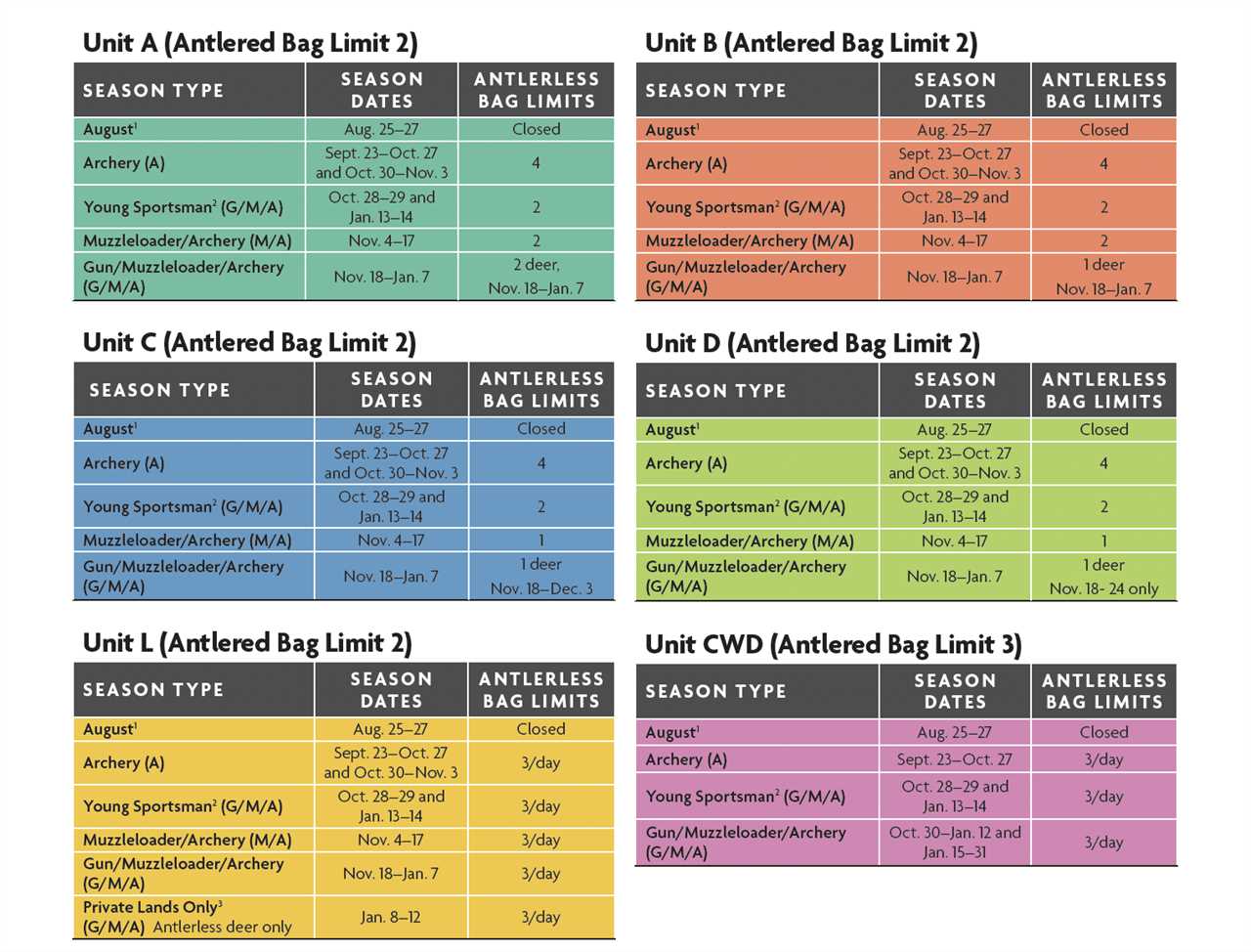
If you’re a nature enthusiast or an avid hunter, you know that rabbit season in Tennessee is a thrill like no other. With its stunning landscapes and diverse wildlife, Tennessee offers a unique opportunity for hunters to experience the thrill of the chase. Whether you’re a seasoned hunter or a novice, there’s something for everyone during rabbit season in Tennessee.
Tennessee’s rabbit season is a time-honored tradition that attracts hunters from all over the country. With its vast forests, rolling hills, and abundant fields, the state provides the perfect habitat for rabbits. The season typically runs from early fall to early spring, giving hunters plenty of time to plan their trips and make the most of this exciting adventure.
During rabbit season, hunters can test their skills and put their knowledge to the test. With a variety of hunting methods allowed, including stalking, using dogs, and driving, hunters can choose the approach that suits them best. Whether you prefer the quiet solitude of stalking or the thrill of following a pack of well-trained hunting dogs, rabbit season in Tennessee has something for everyone.
It’s important to note that rabbit season in Tennessee is regulated by strict guidelines to ensure sustainable hunting practices. Hunters must obtain the necessary permits and licenses, follow bag limits, and adhere to specific hunting seasons. These regulations help maintain a healthy rabbit population and protect the ecosystem in Tennessee for future generations to enjoy. So, if you’re ready for the adventure of a lifetime, grab your gear and head to Tennessee for an unforgettable rabbit season experience.
Hunting Regulations

When it comes to hunting rabbits in Tennessee, it is important to be aware of the hunting regulations in order to ensure a safe and legal hunting experience. The Tennessee Wildlife Resources Agency (TWRA) sets guidelines and rules for hunting that must be followed by all hunters.
Before heading out to hunt rabbits in Tennessee, hunters must obtain the appropriate hunting license. The TWRA offers different types of licenses for residents and non-residents, including small game licenses that allow hunters to hunt rabbits. It is important to have a valid license and carry it with you while hunting.
There are also specific hunting seasons for rabbits in Tennessee. The TWRA sets these seasons to ensure the sustainable management of rabbit populations. It is important to check the hunting regulations and know the specific dates for rabbit hunting season in the area where you plan to hunt. It is illegal to hunt rabbits during closed seasons.
When hunting rabbits in Tennessee, hunters must also be aware of the bag limits. Bag limits refer to the number of rabbits that can be harvested in a single day or during a specific hunting season. The bag limits are put in place to prevent over-harvesting and ensure the conservation of rabbit populations. It is important to know the bag limits for rabbits in Tennessee and adhere to them.
| Hunting Regulations | Details |
|---|---|
| License | A valid hunting license is required for hunting rabbits in Tennessee. Make sure to obtain the appropriate license and carry it with you while hunting. |
| Hunting Season | There are specific hunting seasons for rabbits in Tennessee. Check the hunting regulations to know the dates for rabbit hunting season in your area. |
| Bag Limits | Bag limits for rabbits are in place to prevent over-harvesting. Know the bag limits for rabbits in Tennessee and adhere to them. |
By following the hunting regulations set by the TWRA, hunters can enjoy a safe and responsible hunting experience while also contributing to the conservation of rabbit populations in Tennessee.
Licensing
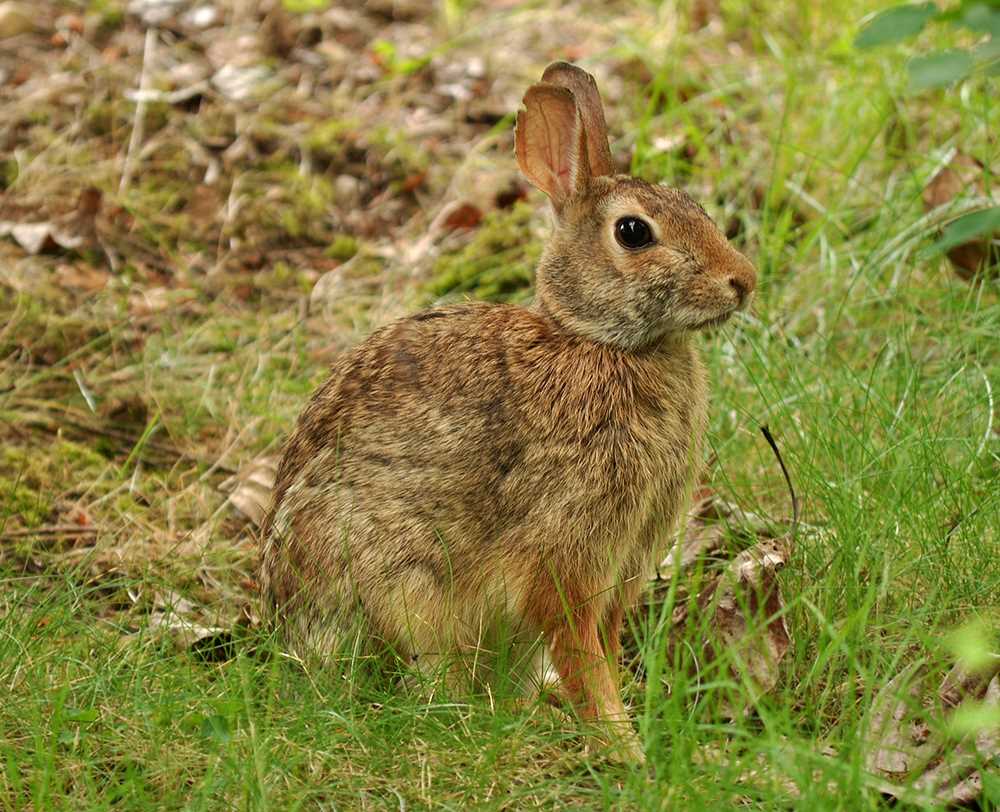
In Tennessee, a hunting license is required to hunt rabbits. The license must be obtained from the Tennessee Wildlife Resources Agency (TWRA) and can be purchased online or at designated licensing agents throughout the state.
To legally hunt rabbits in Tennessee, hunters must possess a valid small game hunting license. This license allows hunters to pursue a variety of small game animals, including rabbits, squirrels, and quail. It is important to note that the small game hunting season for rabbits in Tennessee typically runs from November to February.
Additionally, hunters must comply with all Tennessee hunting regulations and guidelines. These regulations may include restrictions on hunting methods, bag limits, and any special restrictions for specific areas or hunting zones. It is crucial for hunters to familiarize themselves with these regulations to ensure they are hunting responsibly and within the bounds of the law.
Whether you are an experienced hunter or a beginner, it is always recommended to participate in a hunter education course. These courses provide valuable knowledge and skills necessary for safe and ethical hunting practices. The TWRA offers hunter education courses throughout the state, both in-person and online, for individuals of all ages.
Remember to always respect private property rights and seek permission from landowners before hunting on their land.
Happy hunting in Tennessee!
Bag Limit
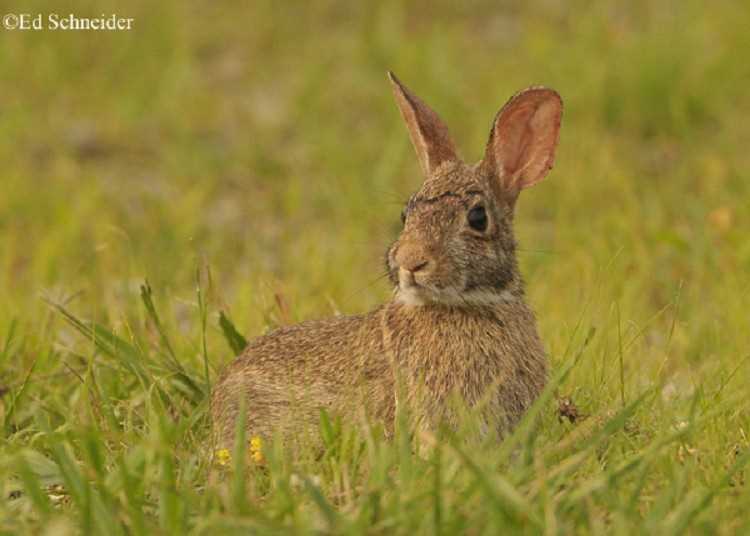
In Tennessee, there are specific rules and regulations regarding the bag limit for rabbit hunting. The bag limit refers to the maximum number of rabbits a hunter is allowed to harvest in a single day. It is important for hunters to be familiar with these limits to ensure responsible and sustainable hunting practices.
The bag limit for rabbits in Tennessee is set at 5 rabbits per day. This means that a hunter cannot exceed this number when hunting rabbits. It is crucial to keep track of the number of rabbits harvested to comply with the bag limit and avoid any penalties or fines.
The bag limit is in place to protect rabbit populations and maintain a healthy and balanced ecosystem. By limiting the number of rabbits that can be taken, it helps prevent overhunting and ensures the sustainability of the rabbit population in Tennessee.
| Rabbit Bag Limit | 5 rabbits per day |
|---|
It is important for hunters to always abide by the bag limit and adhere to all other hunting regulations. This helps preserve the rabbit population for future generations and allows for continued enjoyment of this popular hunting activity in Tennessee.
Rabbit Species

In Tennessee, there are several rabbit species that are commonly found throughout the state. These species include the Eastern Cottontail, the Swamp Rabbit, and the Appalachian Cottontail.
The Eastern Cottontail is the most common rabbit species in Tennessee. It is known for its white fluffy tail and its reddish-brown fur. This species is found in a variety of habitats, including fields, forests, and suburban areas.
The Swamp Rabbit is another rabbit species that can be found in Tennessee. It is larger than the Eastern Cottontail and has longer legs. This species is typically found near wetland areas, such as swamps and marshes.
The Appalachian Cottontail is a rabbit species that is found in the eastern part of Tennessee, particularly in the Appalachian Mountains. It has shorter ears and darker fur than the Eastern Cottontail.
Rabbit hunting season in Tennessee typically occurs in the fall and winter months. During this time, hunters can pursue these rabbit species in designated hunting areas throughout the state. It is important for hunters to follow all hunting regulations and obtain the necessary permits before hunting rabbits in Tennessee.
Eastern Cottontail

The Eastern Cottontail is a common species of rabbit found in Tennessee. It is known for its characteristic cotton-like tail, which is white on the underside. These rabbits are most active during the breeding season, which typically occurs from February to September in Tennessee.
The Eastern Cottontail can be found in a variety of habitats, including fields, meadows, woods, and suburban areas. They are herbivores and feed on a variety of plants, including grasses, clover, and vegetables. They are also nocturnal animals, meaning they are most active at night.
These rabbits are known for their ability to reproduce quickly. A female Eastern Cottontail can have up to three litters of young each year, with each litter consisting of four to seven babies. The babies are born blind and hairless, but they quickly develop and are weaned after about three weeks.
Eastern Cottontails are an important part of Tennessee’s ecosystem. They provide food for predators such as hawks, owls, and foxes. They also help to disperse seeds through their droppings, which allows for the growth of new plants.
If you’re interested in hunting Eastern Cottontails in Tennessee, it’s important to check the state’s hunting regulations. The Tennessee Wildlife Resources Agency sets specific seasons and bag limits for rabbit hunting to ensure sustainable populations.
In conclusion, the Eastern Cottontail is a common rabbit species in Tennessee. It is known for its cotton-like tail and is most active during the breeding season. These rabbits can be found in a variety of habitats and play an important role in the ecosystem. If you’re interested in hunting them, make sure to follow the state’s hunting regulations.
Swamp Rabbit
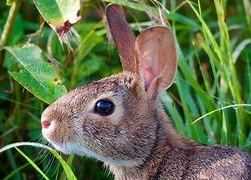
The swamp rabbit is a unique species found in the southeastern United States, including Tennessee. It is known for its ability to survive in wetland habitats, such as swamps and marshes.
During the rabbit season in Tennessee, hunters may encounter swamp rabbits while pursuing their game. These rabbits have adapted to their environment, with long legs and powerful hindquarters that allow them to navigate through the dense vegetation of the swamp.
Swamp rabbits have a brownish-gray fur that helps them blend in with their surroundings, providing them with an advantage when it comes to avoiding predators. They also have large hind feet, which help them swim and move easily through the water in their habitat.
These rabbits are primarily herbivores, feeding on a variety of plant materials including grasses, leaves, and twigs. They are also known to eat fruits and vegetables, making them adaptable to different food sources depending on what is available in their environment.
Overall, swamp rabbits are an interesting species that adds to the diverse wildlife of Tennessee. They have unique adaptations that allow them to thrive in the wetland habitats they call home, making them an important part of the local ecosystem.
| Physical Characteristics | Habitat | Diet |
|---|---|---|
| Brownish-gray fur | Swamps and marshes | Grasses, leaves, twigs, fruits, vegetables |
| Long legs and powerful hindquarters | ||
| Large hind feet for swimming |
Habitat and Behavior
Rabbits are commonly found throughout Tennessee and can adapt to various habitats such as forests, fields, and even urban areas. They are most active during the spring and summer seasons, when food is abundant and temperatures are mild.
These small mammals are known for their burrowing behavior, creating intricate networks of tunnels called warrens. Warrens provide rabbits with protection from predators and the elements. Rabbits also have a keen sense of hearing and can quickly detect any potential threats.
Rabbits are herbivores, primarily feeding on grasses, leaves, and vegetables. They have a unique digestive system that allows them to extract nutrients from plant material efficiently. This vegetarian diet provides them with the necessary energy to reproduce and survive.
During mating season, rabbits engage in courtship rituals and form monogamous pairs. The female then creates a nest by digging a shallow burrow and lining it with fur. After a gestation period of about one month, the female gives birth to a litter of blind and hairless young, known as kits.
As prey animals, rabbits have developed certain behaviors to evade predators. They are known for their ability to run in zigzag patterns, which makes it difficult for predators to catch them. Additionally, rabbits rely on their excellent camouflage and ability to freeze in place to avoid detection.
In conclusion, rabbits are well-adapted to the diverse habitats of Tennessee and exhibit fascinating behaviors to survive in the wild. Understanding their habitat and behavior can help us appreciate these intriguing creatures even more.
Preferred Habitat

Rabbits thrive in a variety of habitats throughout Tennessee, adapting to their surroundings based on the season. They prefer areas with dense vegetation, such as brushy fields, grasslands, and shrubby growths. These habitats provide rabbits with ample cover and food sources, ensuring their survival.
During the summer season, rabbits seek shelter in shady areas or burrows to escape the heat. They often take refuge in thickets and overgrown grassy areas, where they can remain cool and hidden from predators.
In the winter season, rabbits rely on the cover of vegetation and burrows to protect themselves from the cold. They will graze on the remaining grasses and browse on twigs and shrubs that provide them with sustenance during the harsh winter months.
Overall, rabbits are adaptable creatures that can thrive in a variety of habitats. However, they are most abundant in areas that provide the necessary resources for their survival, such as dense vegetation and ample food sources.
Feeding Habits
Rabbits in Tennessee experience different feeding habits depending on the season. During the warmer months, when there is an abundance of fresh vegetation, rabbits will primarily feed on grass, leaves, and flowers. They will roam the fields and meadows in search of tender greens to supplement their diet.
However, in the winter months when food sources are limited, rabbits will adapt their feeding habits to survive. They will rely more on woody plants such as shrubs and tree bark. Rabbits will also dig through the snow to find edible roots and twigs. This ability to adjust their diet helps them survive during the colder season.
In addition to plants, rabbits will occasionally consume small insects and worms. However, this is not a significant part of their diet and is usually only consumed when necessary for additional protein.
Rabbits have a unique ability to extract most of their required nutrients from their food. They have a specialized digestive system that allows them to ferment food in their cecum, breaking it down further and extracting essential nutrients. This enables them to efficiently utilize the available food sources in Tennessee throughout the seasons.
| Feeding Habits | Season |
|---|---|
| Grass, leaves, flowers | Warmer months |
| Shrubs, tree bark, roots, twigs | Winter months |
| Insects, worms (occasionally) | All seasons (when necessary) |
Breeding Season

The breeding season is a crucial time for rabbits. It is the period when male and female rabbits mate to produce offspring. In Tennessee, the breeding season for rabbits typically occurs in the spring and summer months when temperatures are warmer and food sources are abundant.
Male rabbits, also known as bucks, become more active and aggressive during the breeding season. They may mark their territory by spraying urine and chasing away other males. Female rabbits, or does, become more receptive to mating during this time.
Rabbits have a gestation period of about 28-32 days. During this time, the female rabbit will build a nest using fur plucked from her own body. She will give birth to a litter of baby rabbits, also known as kits. A single female rabbit can have multiple litters in a breeding season.
It is important to note that rabbits are prolific breeders. They have the potential to reproduce quickly, so it is important to monitor their population to prevent overpopulation. Proper management and control measures can help maintain a healthy rabbit population in Tennessee.
During the breeding season, it is also essential to provide rabbits with a proper diet and adequate living conditions. This ensures that they have the necessary nutrients and space to support their reproductive activities. It is recommended to consult with experts or veterinarians for specific recommendations on feeding and housing rabbits during the breeding season.
Overall, the breeding season plays a vital role in the life cycle of rabbits. By understanding their reproductive behaviors and providing appropriate care, we can ensure the well-being of the rabbit population in Tennessee.
Hunting Tips

When hunting rabbits in Tennessee, there are a few important tips to keep in mind:
- Choose the right hunting location: Look for areas with a high rabbit population, such as fields, woodlands, or brushy areas.
- Use the appropriate gear: A shotgun is the most common weapon used for rabbit hunting, with a suitable gauge being 20 or 12. Make sure to wear proper hunting attire and eye protection.
- Hunt at the right time: Rabbits are most active during dawn and dusk, so plan your hunting trips accordingly.
- Learn rabbit habits: Rabbits are known to frequent cover, such as thickets and brush piles. Keep an eye out for signs of rabbit activity, such as tracks or droppings.
- Employ effective hunting techniques: When hunting rabbits, it’s important to move slowly and quietly to avoid spooking them. Using dogs trained for rabbit hunting can greatly increase your chances of success.
- Use calls or decoys: Mimicking the sounds or appearance of a rabbit can attract them towards you, increasing your chances of a successful hunt.
- Stay patient and observant: Rabbits are quick and have a keen sense of hearing, so it’s important to stay still and wait for the right opportunity to strike.
- Follow hunting regulations: Make sure to obtain the necessary hunting licenses and adhere to all Tennessee hunting regulations and seasons.
By following these hunting tips, you can increase your chances of a successful rabbit hunting trip in Tennessee.
Best Times to Hunt
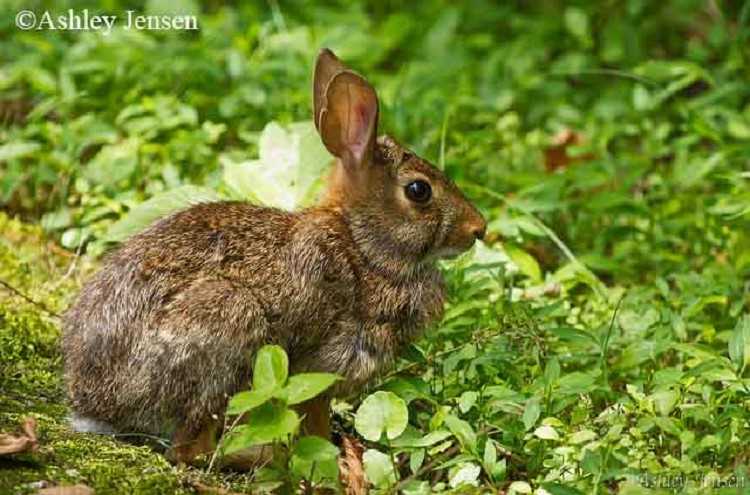
If you’re planning on hunting rabbits in Tennessee, it’s important to know the best times to go. Rabbits are most active during the early morning and late afternoon, so these are typically the prime hunting times.
During the early morning hours, rabbits are actively foraging for food and looking for shelter. This is when you are likely to find them out in the open. The late afternoon is another good time to hunt, as rabbits may come out of their hiding spots to feed before the sun sets.
In addition to the time of day, it’s also important to consider the season. Rabbit hunting in Tennessee is legal year-round, but some seasons may be more favorable than others. The fall and winter months tend to be the best time for rabbit hunting, as the cooler temperatures and foliage changes make it easier to spot rabbits.
When planning your hunt, be sure to check the hunting regulations in Tennessee and obtain any necessary licenses or permits. It’s also important to practice safe hunting techniques and respect private property boundaries.
By understanding the best times to hunt and following the necessary guidelines, you can increase your chances of a successful rabbit hunting trip in Tennessee.
Recommended Gear
If you’re planning a rabbit hunting trip in Tennessee, it’s important to have the right gear. Here are some recommended items:
1. Hunting Rifle or Shotgun: A reliable firearm is a must-have for any rabbit hunter. Depending on your preference, choose a hunting rifle or shotgun with appropriate ammunition.
2. Camouflage Clothing: Blend into the surroundings with camouflage clothing to increase your chances of a successful hunt. Opt for clothing that is comfortable and suitable for the weather conditions.
3. Hunting Boots: Sturdy and comfortable hunting boots are essential for navigating through the Tennessee wilderness. Look for boots with good traction to prevent slipping on various terrains.
4. Backpack: Invest in a quality backpack to carry essential items such as food, water, extra ammunition, and other hunting accessories. Make sure the backpack has enough compartments for easy organization.
5. Binoculars: Rabbit hunting often requires spotting the animals from a distance. A good pair of binoculars will help you identify rabbits and plan your approach effectively.
6. Game Calls: Rabbit calls can be useful in attracting rabbits and luring them into the open. Practice using different calls to increase your chances of a successful hunt.
7. Skinning Knife: Once you’ve successfully caught a rabbit, a sharp skinning knife will be needed for dressing the animal. Make sure to pack a durable and easy-to-handle skinning knife.
Remember to check local regulations and obtain the necessary licenses before heading out for rabbit hunting in Tennessee. Safety should always be a top priority, so be sure to use your gear responsibly and follow all hunting guidelines.

A skilled hunter, dedicated conservationist, and advocate for ethical practices. Respected in the hunting community, he balances human activity with environmental preservation.
